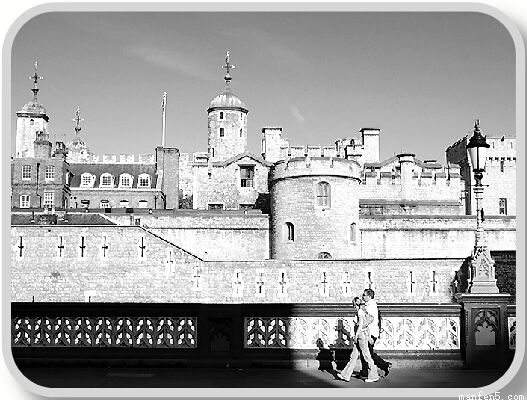题目内容
Breakfast has been called the most important meal of the day. While every meal counts, the facts are on the table: eating in the morning has positive effects on health and on kids' 1.(able) to learn.
What's a nutritious breakfast? A meal 2.(consist) of foods from at least two of the five food groups is the healthiest, 3. the truth is that nosh (小吃) of nearly any food in the morning is better than none, especially when it comes 4. kids.
It's a good idea to get your child into the habit of eating breakfast before he begins kindergarten. That's 5. youngsters who eat breakfast tend to behave better in school. Hunger makes it harder 6.(keep) your mind focused on learning, no matter what your age. In fact, studies show breakfast skippers are often more bad?tempered and have shorter attention.
When you forget eating in the morning, blood glucose(血糖) drops. Glucose is the fuel cells' need to function, so brain cells become particularly lazy when glucose concentrations are insufficient. Without adequate energy, your minds get gray, blocking concentration and memory. Without 7. morning meal, kids are hard?pressed to meet 8.(day) nutrient needs, too.
You're 9.(probable) pressed for time in the morning, and so 10.(be) your children.


